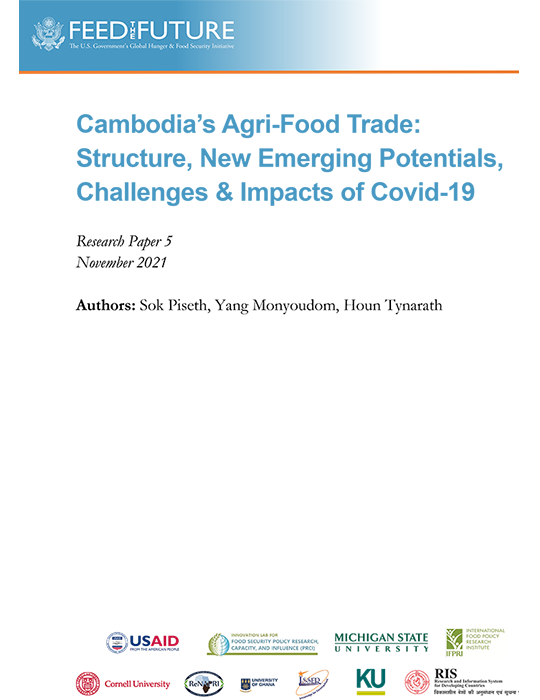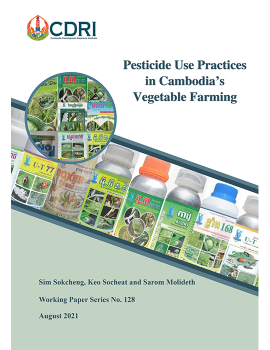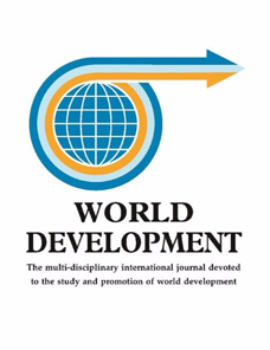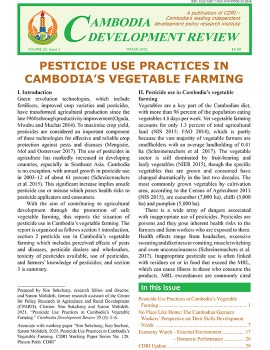
Abstract/Summary
This study provides overall analysis and informs readers about Cambodia’s agri-food trade regarding recent structures of trade flows, new emerging potentials, main challenges, and impacts of COVID-19. The main data source is BACI datasets produced by Centre d'Études Prospectives et d'Informations Internationales (CEPII), the French leading centre research and expertise on the world economy.
Cambodia is a net importer of agricultural products for the last several years, resulting in agricultural trade deficit of 1.26 billion US dollars in 2018. Top agricultural products for export include cassava, rice, rubber, nuts, and animal feeds. At the same time, Cambodia imports massive amounts of tobacco products (i.e. cigarette), sugar, non-alcoholic beverages, and beer. The country is seen to export low-value agricultural primary products (i.e. fresh manioc or sliced cassava) and import high-value manufactured products and processed foods (i.e. starch, flour, and prepared meats).
Comparing to neighbouring countries, Cambodia still lags behind in terms of product quality, productivity, and export competitiveness due to low-value addition, high costs of production, unfavourable transport conditions, burdensome of border documents, and market diversification.
Cambodian’s economy faced negative growth for the first time in decades. The COVID-19 pandemic, however, does not hurt agricultural sector much in Cambodia. The Royal Government of Cambodia, during the pandemic, has banned export of white rice to ensure domestic consumption. The export of fragrant rice, on the other hand, was seen to substantially increased in 2020. In late 2020, Cambodia has signed free trade agreement with China, allowing 340 agricultural products to enter the Chinese market. However, there was a significant drop of manioc export from Cambodia.
As a policy recommendation, Cambodia should explore import substitution in processed foods to diversify its export structure that heavily depends on garments and primary agriculture. Consequently, promoting more investments in domestic processing industry of the primary agricultural products and enhancing current processing capacity are the foremost step to increase value-addition of agricultural sector. Cost of production including electricity, gas or oil, water, and quality transportation should be highly considered by relevant government ministries to achieve better efficiency of each stage of value chains. Technology in agriculture such as AI, drone, and farm-based technology is immensely needed to improve productivity and quality assurance of the products for commercialization. At broader perspective, not solely depending on regional or free trade agreements, Cambodia should explore further potential markets around the globe to expand its exports of agricultural products. Therefore, joint coordination among relevant government ministries and stakeholders is immensely needed to achieve the ambitious goal.



